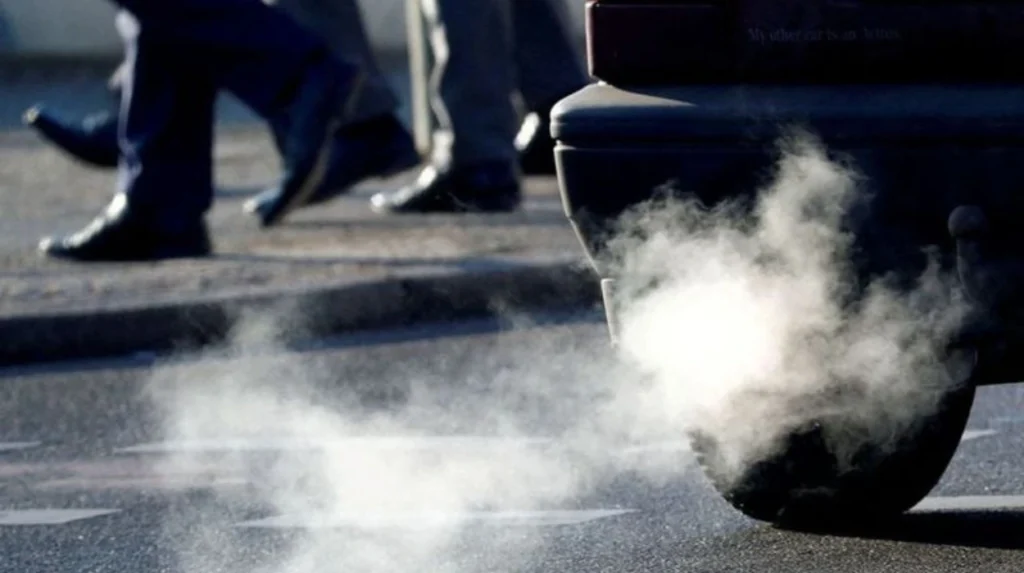The European automobile industry’s main lobbying groups have stepped forward with urgent calls to rethink the continent’s ambitious carbon dioxide (CO2) emissions targets for vehicles. Against a backdrop of increasing pressure on car manufacturers to meet stringent environmental goals, lobbyists argue that the current framework risks undermining the industry’s competitiveness and workforce stability.
The call for change comes as the European Union accelerates its push for climate neutrality by 2050, including tough vehicle emission standards that many manufacturers struggle to meet without disrupting production and sales. The auto lobby’s renewed appeal highlights the complex balance between environmental ambition and economic viability in one of Europe’s largest industrial sectors.
Industry Struggles Under Strict CO2 Limits
The EU’s CO2 targets for new cars and vans have tightened significantly in recent years, pushing automakers to rapidly adopt electric and low-emission vehicles. While hailed by environmentalists as a necessary leap toward sustainability, automakers warn that the regulatory pace outstrips technological readiness and market demand in certain regions.
European Automobile Manufacturers Association (ACEA) officials have emphasized the mounting challenges created by these policies. They note that the transition to zero-emission vehicles requires massive investments in infrastructure, battery production, and re-skilling of the workforce. Furthermore, supply chain disruptions—particularly around semiconductors and raw materials—have complicated efforts to ramp up electric vehicle (EV) output.
Unveiling their position at a recent Brussels briefing, the auto lobby stated,
“The current CO2 targets risk destabilizing an industry vital to Europe’s economy and employment.”
They underscored the need for a more gradual pathway that aligns environmental goals with practical realities faced by manufacturers.
Calls for a Balanced Regulatory Approach
Beyond simply urging a slowdown, industry representatives advocate for a holistic regulatory framework that supports innovation while maintaining market stability. They suggest a shift from rigid CO2 reduction mandates toward performance-based incentives and technology-neutral policies. Such measures, the lobby argues, would foster competition across different low- and zero-emission technologies and accommodate diverse market preferences across member states.
European manufacturers insist that a one-size-fits-all CO2 target does not reflect the wide variations in consumer behavior, charging infrastructure availability, and economic conditions across Europe. An official from one major automaker explained,
“A flexible approach ensures that no region or company is disproportionately burdened, facilitating a smoother transition for all stakeholders.”
The auto industry also warns about potential unintended consequences of aggressive regulation. If manufacturers fail to meet targets, the penalties could drive smaller companies out of business or push production outside Europe, weakening the EU’s industrial base. Such outcomes would counteract the broader objective of building a sustainable, competitive automotive sector within the Union.
Environmental Advocates Respond
Environmental groups have cautiously acknowledged the complexities but stress that Europe’s climate commitments must remain robust. They argue that the car industry’s resistance underlines the urgency for governments to accelerate investments in charging networks, renewable energy, and incentives for clean vehicle adoption.
A spokesperson for a leading environmental NGO remarked,
“While the auto industry’s concerns are understandable, climate science demands urgent and decisive cuts in CO2 emissions. Diluting targets risks jeopardizing the global fight against climate change.”
They advocate for increased dialogue between policymakers, industry, and civil society to find workable solutions without losing momentum.
The debate reveals the tensions between ambitious policy goals and on-the-ground implementation challenges. Striking the right balance will be crucial as Europe continues to position itself as a leader in sustainable transport.
Political Dimensions and EU Policy Outlook
This dispute over CO2 targets unfolds within a politically charged atmosphere in Brussels, where various stakeholders lobby intensely over the shape of the next phase of EU climate legislation. The European Commission is preparing a review of its mobility and climate strategy, scheduled for later this year, which could include adjustments to vehicle emissions regulations.
Some member states advocate for a more flexible approach in light of economic uncertainties, while others push for continued acceleration of decarbonization measures. The auto lobby’s intervention is expected to influence these policy discussions significantly.
A European Parliament member commented,
“Finding a consensus that respects both environmental imperatives and economic realities is challenging but essential. The automotive sector is at the crossroads of Europe’s green transition.”
As the legislative process unfolds, industry voices will remain a key factor in shaping Europe’s carbon reduction trajectory.
The Future of Mobility and Industry Resilience
As the automotive sector navigates the CO2 target debate, the broader transformation toward sustainable mobility remains unavoidable. Automakers increasingly invest in electrification, autonomous technologies, and new business models such as subscription services and shared mobility.
Industry leaders emphasize that adapting to these changes requires not only regulatory flexibility but also enhanced support from governments in R&D funding, skill development, and infrastructure expansion. The sector’s resilience depends on a collaborative approach that balances climate goals with economic sustainability.
In closing remarks during a recent industry conference, a senior executive stated,
“Our future depends on integrating innovation with pragmatic policies that support long-term viability and contribute to a greener Europe.”
This sentiment encapsulates the ongoing dialogue between the automotive lobby and EU policymakers—a dialogue that will shape Europe’s industrial and environmental landscape in the years ahead.







